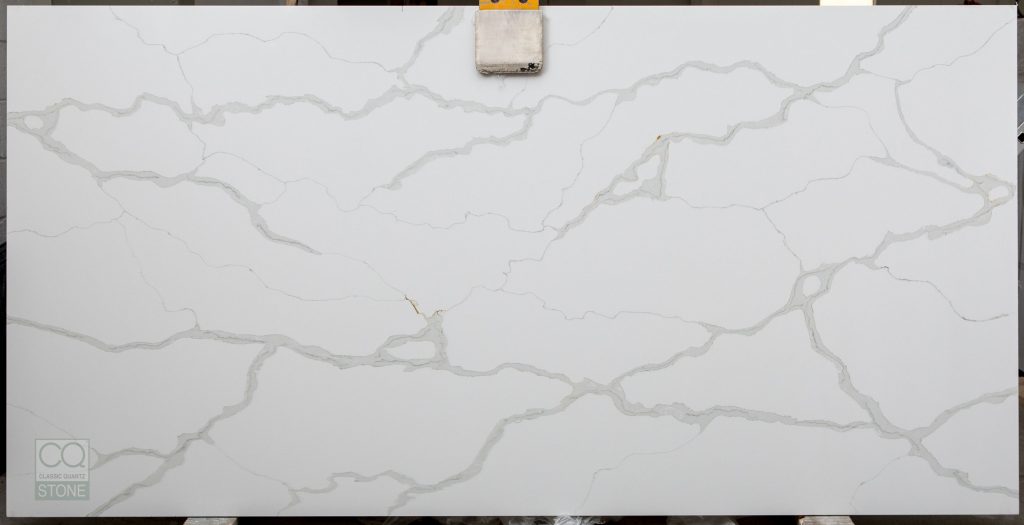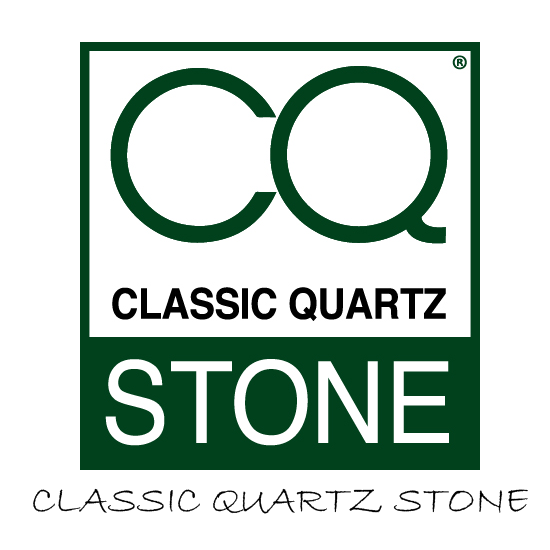Natural Stone vs Engineered Quartz for Kitchen Surfaces

Natural stone versus an engineered one has been one big question that many homeowners, designers and manufacturers often discuss. As with any other matter, the opinions are split and there is no just one answer. Both natural and engineered stone are quality materials, but they also have differences.
Continue reading this comparison between natural stones and engineered quartz to help you choose the one for you.
1. Quartz is non-porous
Quartz, as an engineered stone has other components that improve its performances. Such a component is resin, which makes quartz surfaces non-porous. Such surfaces are highly resistant to staining. Natural stones, on the other hand, are porous and can get stained.
2. They are equally durable
Both quartz and natural stones are very durable materials that will not crack no matter what. They are also resistant to scratching and can dull your knives if you cut directly on your kitchen surfaces.
3. Quartz has a wider colour range
When quartz is produced the pigments are added to it to change its colour. Quartz has a very wide colour palette that contains colours that are not usually found in nature. Although natural stones are very durable, their colour palette is limited to colours found in nature.
4. Quartz doesn’t need sealing
With quartz, you will not have to think about sealing because resins are already acting as a sealant. Natural stones need to be sealed several times a year, depending on the material and colour.
5. Quartz is more affordable
Generally speaking, quartz is more affordable. The prices for all materials are dictated by the colour and you can find some very expensive marble colours, for example. You can find a natural stone colour that is cheaper than quartz, but that is not generally the case.
6. Natural stone resist heat better
Natural stones are great at resisting high temperatures. They will not get burnt nor crack when you postpone still-hot kitchenware on your surfaces. Engineered quartz is not as resistant because heat can lessen the bond between resins and the stone. Make sure to use mats and trivets with quartz surfaces.
7. They are easy to clean
The cleaning of all stones is handled with soap, water and a soft cloth. The only possible difference is that it will be easier to remove dried spills from quartz then from natural stone surfaces.
Natural stones are a good option for kitchen surfaces, but with quartz providing very similar performances, it is hard not to choose it. And all of that with a lower price than for natural stones. In addition to that, you can have the same effect as with natural stones, because many quartz colours look just like marble or granite.
Need more information about engineered quartz? Please, feel free to contact us or visit ClassicQuartzStone's showroom.
